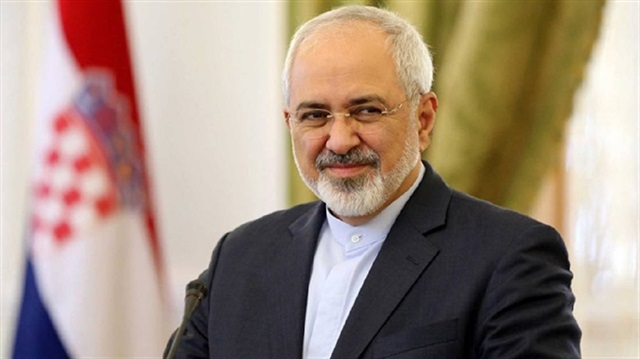
Not only was Daesh’s demise not a sign that stability would return to a large part of the region; it may even lead to some new conflicts and crises. An example for this being the efforts carried out for years to distort and hide facts regarding Iran’s foreign policy for the purpose of inciting some hysteric enthusiasts.
Daesh forced people to live in their darkest era; they paraded their diabolical face with all its cruelty for everyone to see; yet from this situation, an opportunity emerged for steadfastness and resistance against this looming threat. A joint operation against Daesh can be the herald of a new era.
For this purpose, there’s a need for new trends and concepts in order to define an evolving post-Western world. In this regard, two concepts can form the paradigm that is beginning to take shape in the West Asia region.
One of the two is “creating a strong region,” while the other is the idea of “forming a security network.”
That way, small and big countries alike, even those who have been adversaries throughout history, can help establish security in the region.
A goal of a strong region that rejects the exclusion of authorities and players is based on recognizing the need to respect the interests of all parties.
Every country pursuing an expansionist, hegemonic policy is impossible as well as an incongruous. Those who insist on taking steps in this direction cause instability.
We can use the arms’ race in our region as an example for this destructive adversity. Handing out vital resources to fill the pockets of weapons manufacturers has not helped provide security and peace. Militarization has only resulted in tragedy-laden adventures.
On the other hand, the known global methods for coalition-building have since passed their expiry date. When we look at our world of today, in which everything is intertwined and complicated, the idea of collective security, especially in the Persian Gulf Region, has lost its efficacy due to one main reason; the thesis of this notion is the unity of interests. The notion for “creating a security network,” had for the first time been proposed by Iran to deal with issues between states ranging from conflicts of interests to power and size discrepancy.
Despite involving simple variables, this idea can play an effective role to favor interests over conflicts and accept differences.
This notion favors the idea of participation by avoiding the establishment of an oligarchy system by large countries, and recognizing the role and the potential of small countries.
The aforementioned order contains simple foundations that are primarily common standard rules similar to the goals and principles stated in UN documents like countries having equal rights to their sovereignty, the avoidance of threats or the use of force, solving problems through peaceful means, respecting countries’ territorial integrity, not interfering in the internal affairs of states and countries’ right to determine their own fate.
The “establishment of a security network” is not a utopian idea. This idea is the only real way to get the region out of its current unwelcome state and beyond its reliance on foreign forces and coalitions, in addition to fantasies built upon buying its own security with petrol-dollars or flattery.
Other countries, chiefly our European neighbors, are expected to realize it’s the sole path to secure their interests, and regional allies must call on them to accept it.
Transitioning to stability from this chaotic atmosphere requires, foremost, an initiation of attempts to establish trust and dialogue.
We are face to face with a lack in dialogue in Western Asia. This lack can be seen among administrators and the people, and the government and other nations.
The purpose of dialogue is to reveal the fact that we all have common concerns, fears, hopes and similar wishes.
This kind of dialogue could replace propaganda and verbiage, and it should. This dialogue should be simultaneously established with confidence building measures.
The dissemination of tourism, encouraging work groups on various subjects from nuclear security to environmental pollution and managing natural disasters; the arranging of multilateral military meetings; the notifying of military drills; transparency in terms of arming and reducing military costs; all these are elements which can ensure an agreement based on non-aggression.
In this context, the Islamic Republic of Iran suggests that a “Regional Dialogue Forum in the Persian Gulf” should be established. This call, which we have been articulating for a long while now, is continuing in the same manner. We ask our neighbors to accept this invitation and that our European and Western allies encourage them to do so.














